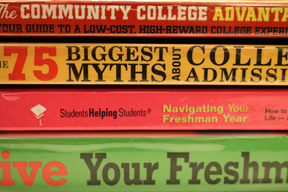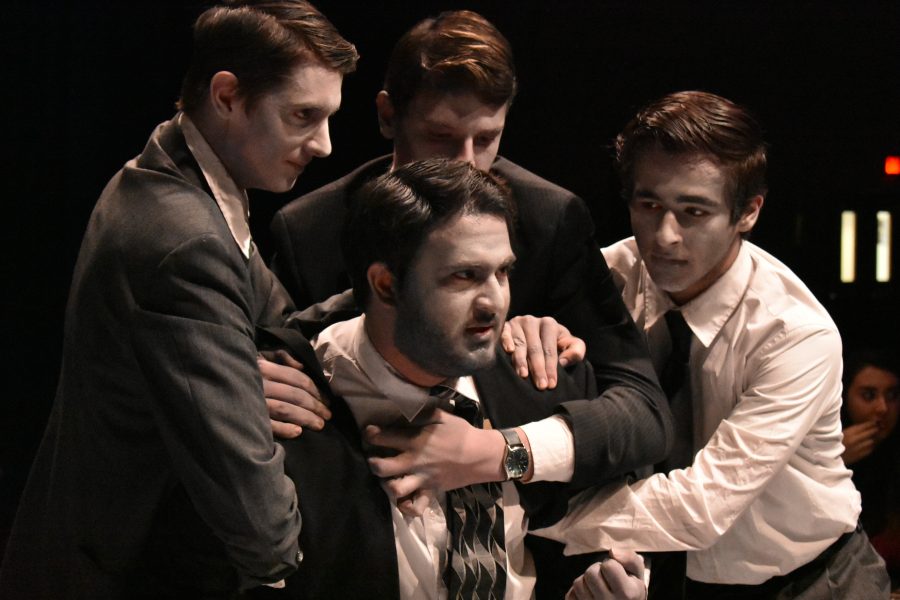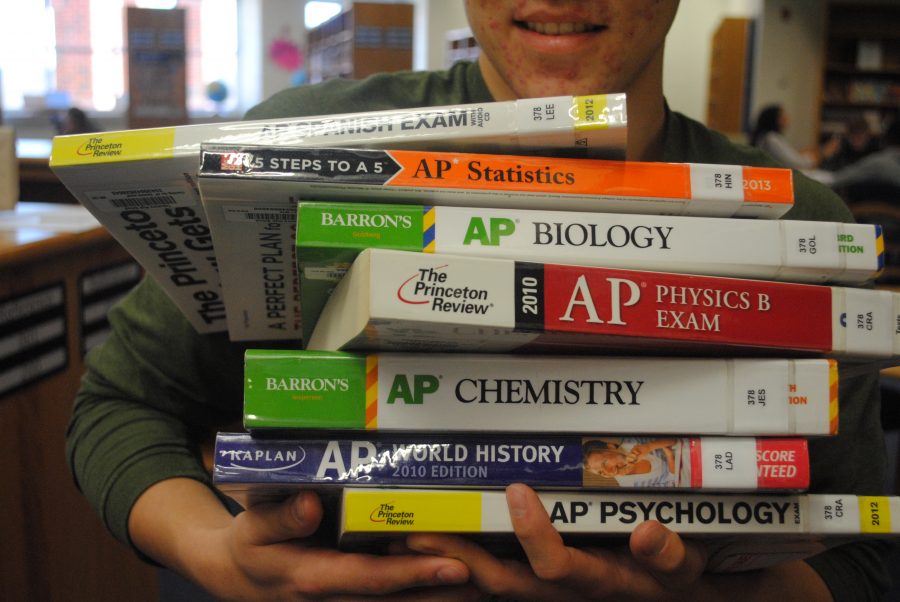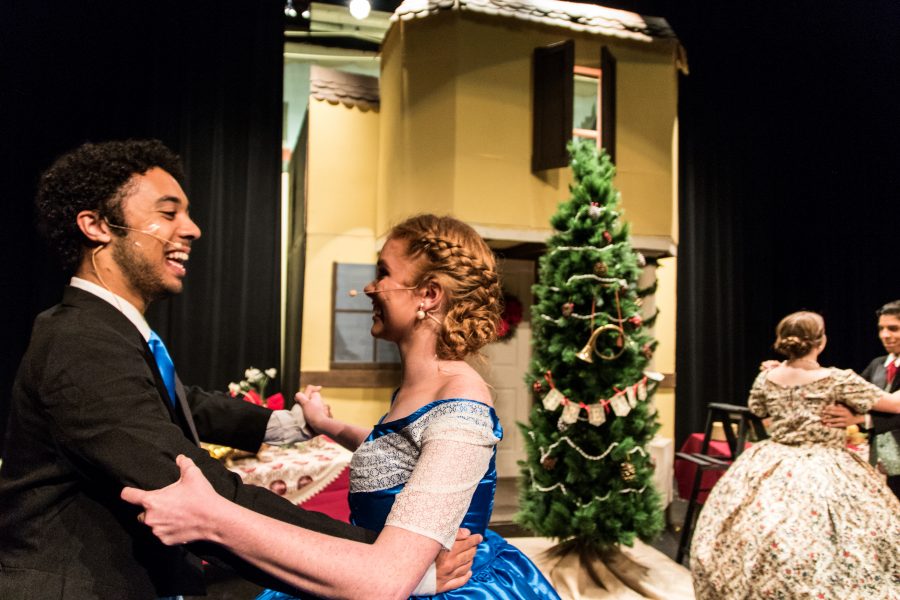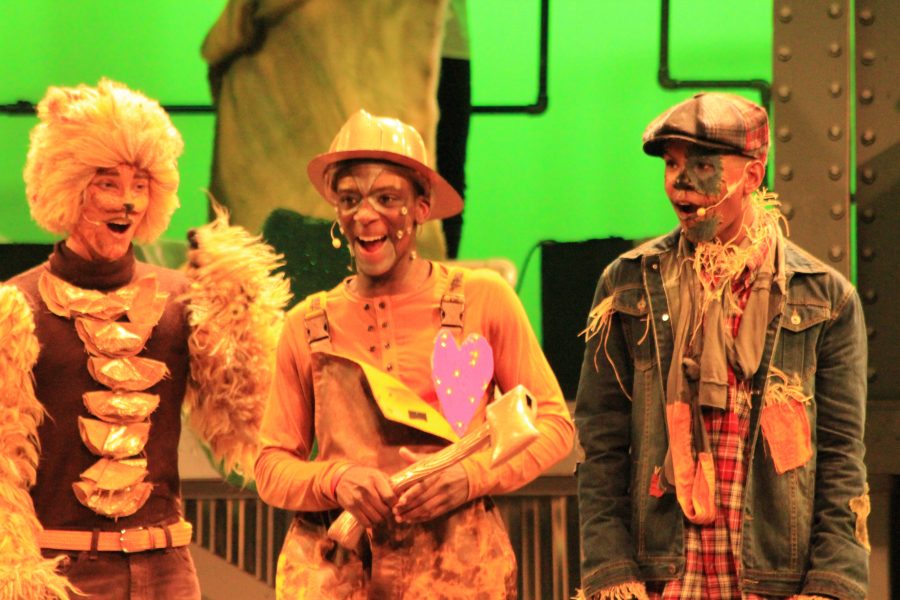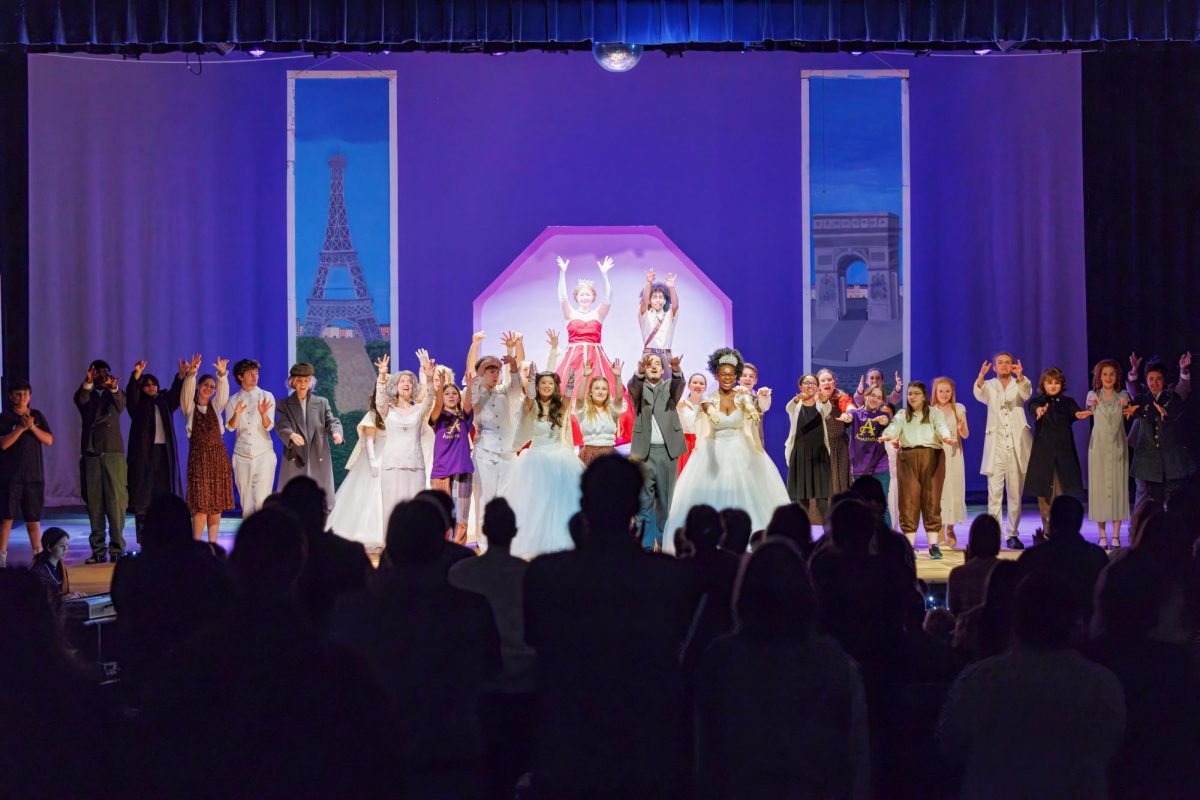A look into the life of a college student and what to expect
By Courtland Blake
Leesburg, VA – College: a primary topic on the minds of many high school students. Imagine the start of freshman year of college, everything goes perfectly: you make friends, do well in all of your classes, become best friends with your roommate, and get plenty of sleep. Well, that’s not always the case. Things don’t always happen as you hope, so the only thing one can do is try to be prepared and expect the unexpected.
College has many advantages: you get to further your education, explore topics you enjoy, and meet a variety of new people. It is also something that many people choose to attend. According to Library.cqpress.com, about 39 percent of U.S. adults hold a two- or four-year degree. Another plus is that according to CollegeAtlas.org, on average a high school graduate earns 84% less than a college graduate, so many people attend college to obtain a good paying job. Taylor Hollingsworth, a graduate from College of Charleston and in her first year of graduate school in the art therapy program at George Washington University said, “You are finding your passion, you’re getting to do things on your own with more freedom, and you’re finding yourself a lot more than you do in high school.” Mariam Kolbai, who graduated from Tuscarora High School in 2016 and is a freshman at Christopher Newport University, also enjoys the freedom that college allows, “Well, first off there’s no one telling you what to eat and what not to eat in college; there’s cake at every single meal. Cookies, brownies, you name it,” she said with a laugh. “You really figure out your own rhythm; study-wise, friend-group wise, and you make your own decisions so that’s where you really develop as a person.”
Although college is a great experience to grow and find yourself, many students do struggle. They don’t know what to expect, or they imagine it very different from what it’s really like. College differs from high school, which many students have a hard time adjusting to. College consists of living away from home, having to make new friends and interact with an array of new people, and taking more difficult classes. Some find it so hard to adapt that they drop out. According to the U.S. Census and American College Testing Program, an estimated 18 million students enrolled in college in 2008, but nearly 34% dropped out in the first year. David Robinson, an adjunct English professor at Marshall University, said that college freshmen often are prepared for the quantity of work that college entails, but not the kind of work they will be doing, “So much of elementary, middle, and high school education is focused on learning, memorizing, and repeating information. College education is about learning information, then exploring and building on it. It takes critical thinking skills that many students haven’t always been prompted to develop.” A study from The Huffington Post reflects what Robinson sees in his classes: 89% of high school seniors expected that their academic experience in college would be the same as high school.
Students also find it difficult to adjust to the everyday college student’s life and the pattern they have to find in their new home. “You miss your parents, you miss your friends, so adjusting to a different atmosphere is a trouble that a lot of people have.” said Kolbai. Hollingsworth agreed also, talking about how you have to learn to do things by yourself, “I think being away from home is really hard and figuring out how to do things on your own. If something goes wrong, you can’t just call your parents and be like, ‘Fix this for me,’ you have to do it yourself.”
Robinson brings up a great point that he sees many of his students struggle with: stress. “Students underestimate the importance of mental and emotional health in their education–particularly students who assume their own mental and emotional health will always be fine. There are a lot of unfair, negative stereotypes about mental illness out there, but we are all prone to being overwhelmed by stress. Leaving stress unchecked can be devastating to a student’s academic performance, and too many students don’t recognize that.” He also mentions that most colleges provide free counseling services, so they’re great for students to take advantage of if they feel themselves experiencing a lot of anxiety or pressure.
In high school or the beginning of college, students also stress about figuring out what they want to pursue as their major and career in life. Hollingsworth said she didn’t know she wanted to pursue art as a career until she took her first drawing class in college. “You have so much time to decide what you want to do, and I think having good teachers and honing in on a class you really like helps you decide what you want to pursue in a major and career,” she said. “In high school, you’re taking so many different classes and it’s hard to pick just one that you like. Then in college, you get to really narrow your scope of classes.”
There are also a lot myths and stereotypes about college. Both Hollingsworth and Kolbai said that college is not as hard as high school teachers generally say it is. It involves working hard, but it isn’t impossible. “College is not as hard as your teachers make it out to be. It really isn’t. Personally, I believe Loudoun County prepares us pretty well for college.” commented Kolbai. Hollingsworth agreed, saying that a college student still has time to let loose and enjoy themselves. “That myth that the college student is always drinking coffee and falling asleep everywhere [because] they’re so worn out and tired. Yes, there are times during the year when you’re really exhausted and you have a lot of work to do, but that’s going to be how life is always. I don’t think that the college experience is, ‘Work, work, work!’ because you do have time to do fun things, like explore the town your college is in and go to fun restaurants. ”
There are also social myths, like the fact that sometimes people think that once they get to college they’re pressured to party often. “The way college is portrayed in movies, everyone thinks that it’s a party all the time. If you want to go out and meet people and party all the time, at least at my school, that was an option, but you definitely don’t feel the pressure to do that every single night.” Hollingsworth said.
The most a student can do going into college is to be prepared and have a plan. Hollingsworth advises to be a part of something in college that acts as a support system and keeps pushing you. “Make sure that you find something that will hold you accountable. I was on the swim team in college and that really helped me balance my time,” she says. “You find that you have so much more free time because you’re living on the campus and you’re not going to school for eight hours a day, like you do in high school, so it’s kind of easy for some people to go down the wrong path and sleep all day and go to a bunch of parties.” Kolbai also advises to keep engaged, “For upcoming freshmen, keep an open mind when you’re coming in, since college is so different from high school and from your home life. Once you’re there, get involved, that’s the biggest way to make friends and make connections, don’t be afraid to try new things.”
Although there are many difficulties, students shouldn’t sweat it. “College is a process, they’re not just going to throw you into an abyss filled with fire and mean people,” Kolbai advises with a laugh. As long as they put themselves out there, get involved, and watch their stress levels, they’ll be fine with whatever college and path that they choose to take.
